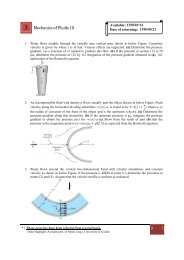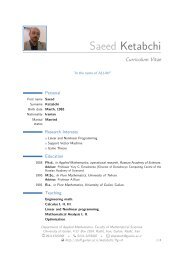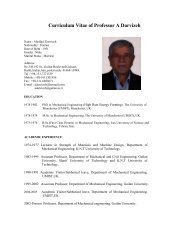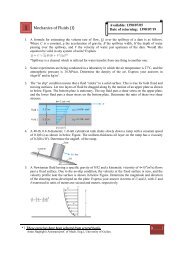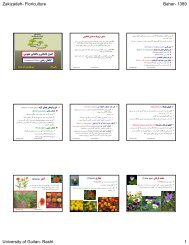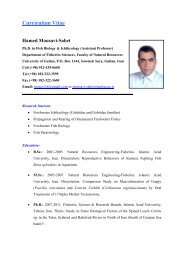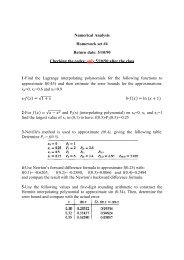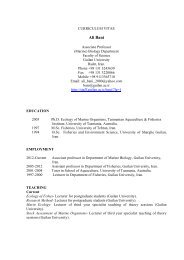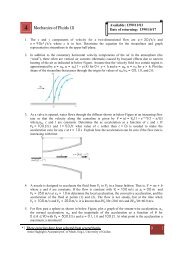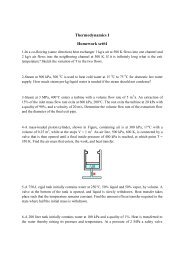Medical Tourism in Developing Countries
Medical Tourism in Developing Countries
Medical Tourism in Developing Countries
- No tags were found...
You also want an ePaper? Increase the reach of your titles
YUMPU automatically turns print PDFs into web optimized ePapers that Google loves.
56 ● <strong>Medical</strong> <strong>Tourism</strong> <strong>in</strong> Develop<strong>in</strong>g <strong>Countries</strong>personal <strong>in</strong>come are crucial <strong>in</strong> mak<strong>in</strong>g present-day consumption decisionsbecause of the up-front, out-of-pocket expenses entailed <strong>in</strong> health careabroad.In addition, demand also depends on expectations about future pricesof medical services (both at home and abroad), as well as the price of travel.For example, expectations of the development of a new facility promis<strong>in</strong>ga favorable package deal will result <strong>in</strong> less travel today.For medical tourists who want a tie-<strong>in</strong> with a vacation, expectationsperta<strong>in</strong><strong>in</strong>g to the dest<strong>in</strong>ation are also important. They monitor health conditionssuch as the spread of severe acute respiratory syndrome (SARS), theytake <strong>in</strong>to account weather advisories, and they track political upheavals andterrorism reports. 61Demand for <strong>Medical</strong> <strong>Tourism</strong> <strong>in</strong> One Particular CountryWhy does a medical tourist pick one dest<strong>in</strong>ation over another? Assum<strong>in</strong>gperfect <strong>in</strong>formation and hold<strong>in</strong>g price constant, the follow<strong>in</strong>g factors will<strong>in</strong>fluence an <strong>in</strong>dividual <strong>in</strong> favor of one country and away from another:cultural aff<strong>in</strong>ity, distance from home, medical specializations, and reputation.Clearly other factors are relevant, such as portability of <strong>in</strong>surance thatdeterm<strong>in</strong>es where one can receive care (this is a large component of Chile’sattraction for Bolivians). 62 However, <strong>in</strong>surance issues are not addressed herebecause they are subsumed <strong>in</strong> the price that is held constant, and anyway,they are addressed <strong>in</strong> chapter 6.Cultural Aff<strong>in</strong>ity<strong>Medical</strong> tourism <strong>in</strong> India began with demand from the Indian diaspora,especially the twenty or so million first- and second-generation patients whohave ties to their homeland. Patients from the diaspora feel comfortable athome as their cultural aff<strong>in</strong>ity to facilities, personnel, and <strong>in</strong>terpersonal relationsis strong. When they engage <strong>in</strong> VFF (visit<strong>in</strong>g friends and family) tourism,they take care of rout<strong>in</strong>e health care on their trip. To the extent thatthey are concerned with cutt<strong>in</strong>g their costs, they undoubtedly save moneynot only because medical services are cheaper than <strong>in</strong> their host countries,but also because they can pass themselves off as locals and pay even lowerfees (this is popular, for example, among nonresident Indians with dualpassports). To the extent that patients from the diaspora are <strong>in</strong>cl<strong>in</strong>ed towardstraditional medic<strong>in</strong>e, they are likely to purchase such services while on VFFtravel (Houyuan claimed this is one of the reason Ch<strong>in</strong>ese outside of Ch<strong>in</strong>avisit their homeland 63 ). Other patients from the diaspora go home for medicalcare because they feel more comfortable with culturally determ<strong>in</strong>ed



